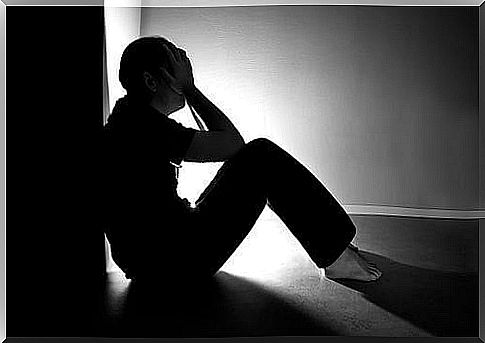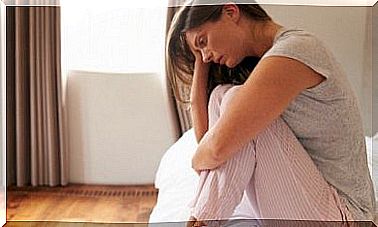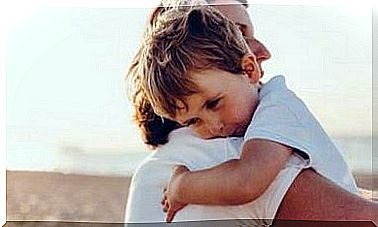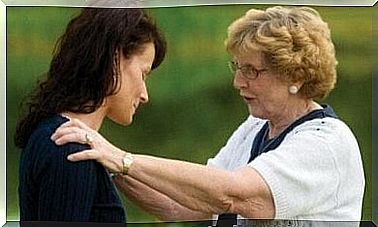Define Depression And Its Symptoms

Today we use the term “depression” to define any behavior that makes us feel sad. In society we tend to call any form of suffering depression, so much so that sometimes the criteria are confused and in some cases we get to take antidepressants when there are problems other than depression.
Medical criteria for diagnosing depression
It is important to remember that in order to be able to talk about depression, certain diagnostic criteria must be followed, which are thus established in the DSM-IV (Diagnostic and Statistical Manual of Mental Disorders). Despite this, it is likely that on some occasions you have been able to identify with the criteria that we present below. For this you must not be alarmed and, in case of doubts, always consult a professional.
To be able to talk about depression, it is necessary to present at least five of the following criteria, which we list below, for a minimum period of two consecutive weeks.
1.
in which the person feels almost all day with no desire to do anything. This is what the person says and what the people around him report.
2.
to carry out daily activities, even those that previously took place with pleasure. Not only has interest been lost, but in some cases they have been abandoned or discontinued.
3. Within a month there was a
(increase or decrease) of 5% compared to normal weight. This weight change is not due to the effect of a diet.
4. Dreaming more than normal or even unable to sleep at all.
in the last weeks.
5.
. Tiredness for most of the day, even when doing nothing.
6.
excessive and inappropriate for most of the day and for almost all things.
7.
or in concentrating, as well as indecision and difficulty in making simple decisions that may arise.
8.
, sometimes fear of dying, sometimes suicidal thoughts or even ideas, with or without a specific plan.
Furthermore, if all this is accompanied by work, social, family and couple stress, and all these symptoms are not due to the intake of any substance or medicine, your feelings of sadness should be checked by a specialist. Do not self-diagnose nor self-administer drugs, ever. Also, sometimes, after a loss or bereavement, you may experience some of the symptoms mentioned as bereavement is sickening and disrupts the daily routine. For this and other reasons, only a specialist is able to diagnose depression and treat it if it continues.
How to deal with depression
If you have any of these symptoms, remember that neither self-medication nor self-diagnosis will help you. Consult a specialist, including your family doctor, to get the appropriate information.
Try not to isolate yourself, although in these moments it is the most spontaneous thing. It is important to make an effort and start with those things that were previously done with pleasure; the company can also help you.
Dealing with stressful situations that make you feel bad is important to be able to heal wounds and overcome them. In many cases, a psychologist will help you see the way out of those little things that seem like an insurmountable mountain and that for others are just small.
Remember, as the poet Amado Nervo said, ” Is life sad or am I sad ?”. We all feel sad sometimes and nothing happens, because happiness and continuous joy do not exist, happiness is more a path to follow day after day as we face obstacles from which we learn that it is the goal that we have set ourselves. that we want to arrive.









